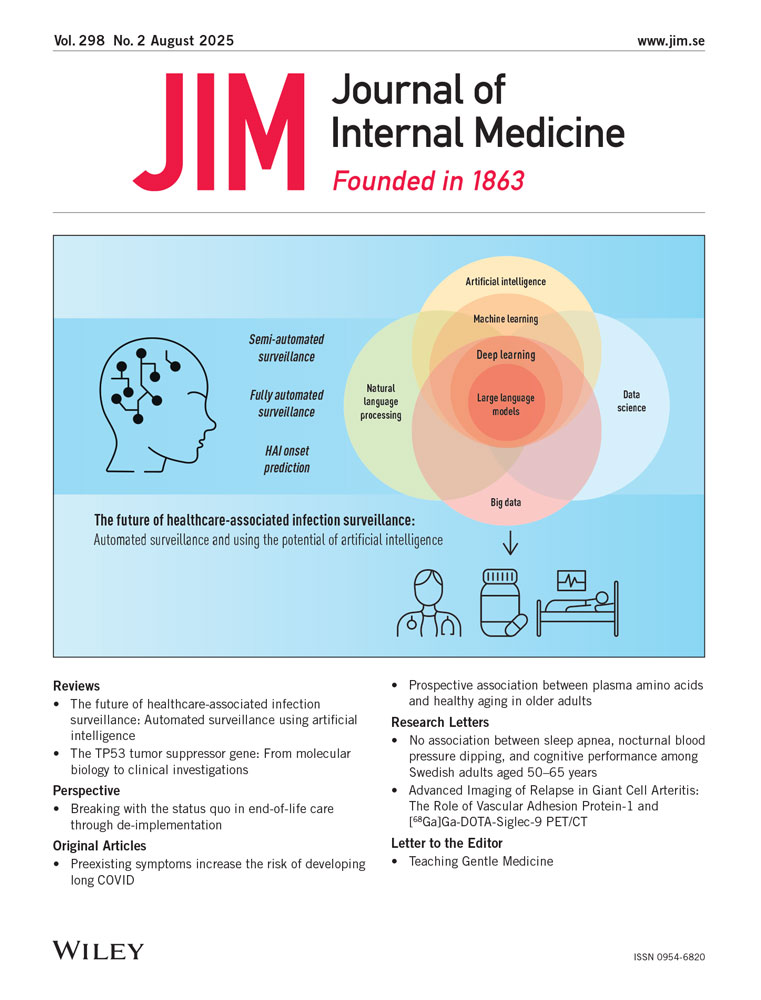Resistance to activated protein C, highly prevalent amongst users of oral contraceptives with venous thromboembolism
Abstract
Bennet L, Odeberg H (Blekinge Hospital, Karlskrona, Sweden). Resistance to activated protein C, highly prevalent amongst users of oral contraceptives with venous thromboembolism. J Intern Med 1998; 244: 27–32.
Objective
Inherited resistance to activated protein C (APC resistance), which is caused by a single point mutation in the factor V gene, is a frequent risk factor for venous thromboembolism. The aim of this study was to determine the prevalence of APC resistance and other coagulation disorders in fertile women with venous thromboembolism and also the risk factors these women had been exposed to in connection with thromboembolic events.
Design
A retrospective, case-control study of 36 month duration.
Setting
The study was carried out at Blekinge Hospital, Karlskrona, Sweden.
Subjects
The study population comprised 27 fertile women age 16–47 years with thromboembolic complications, referred to the department of Internal Medicine at Blekinge Hospital in Karlskrona during a 36-month period.
Results
APC resistance was found in 10 out of 27 women. APC resistance was associated with treatment with oral contraceptives in five out of six women and with pregnancy in one of seven women.
All women with resistance to APC developed venous thrombosis in association with a predisposing situation (risk situation) such as surgery, trauma, immobilization, pregnancy, inflammatory state or the use of oral contraceptives. Amongst women not resistant to APC, all but one developed thrombosis in connection with a risk situation.
Conclusion
APC resistance was found to be highly prevalent amongst fertile women with a history of thromboembolic complication occurring during their use of oral contraceptives.




